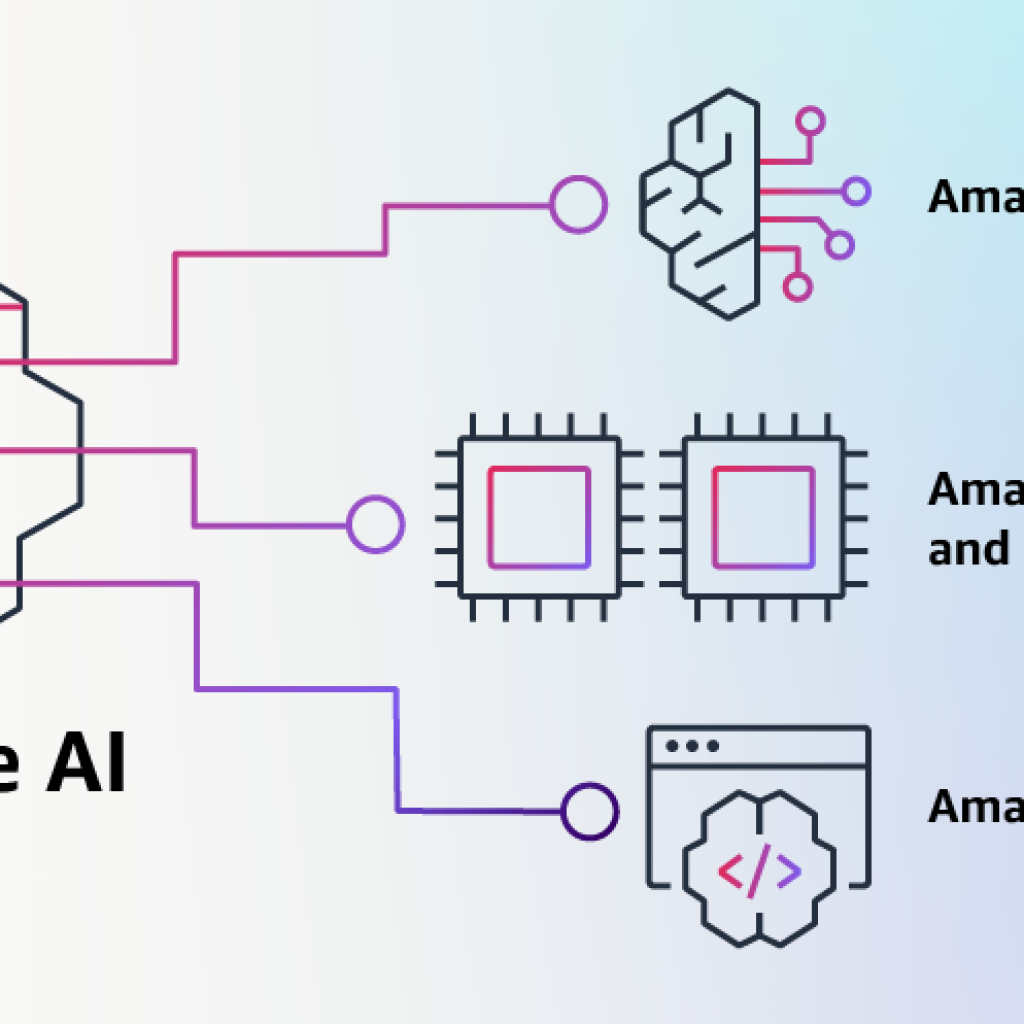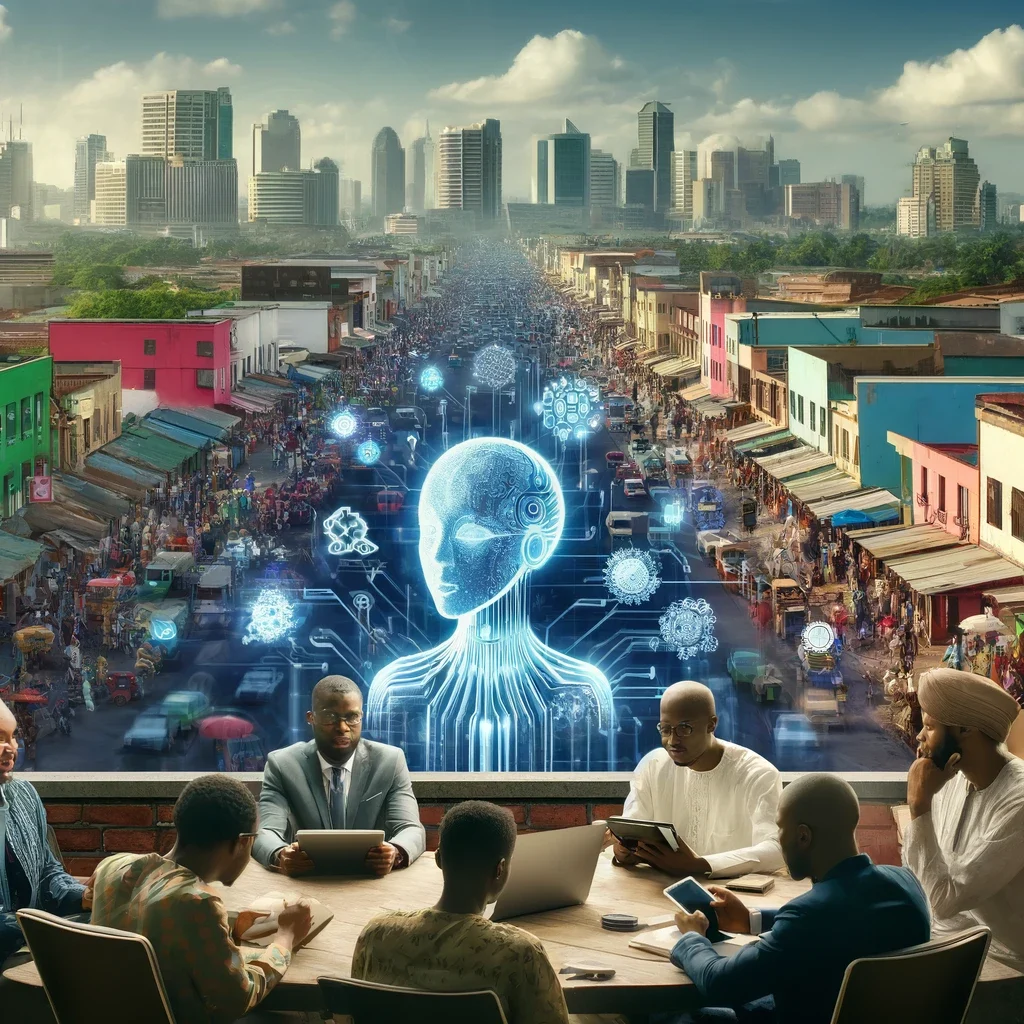In a groundbreaking development, an underground service known as OnlyFake has emerged, utilizing basic AI technology to produce counterfeit IDs with unprecedented realism. Dubbed “AI-generated IDs,” these falsified documents are being sold for a mere $15, promising to circumvent stringent know-your-customer (KYC) measures and facilitate a myriad of illicit activities. This revelation poses profound ethical and legal dilemmas, prompting individuals to reconsider the risks associated with engaging in such practices.
The underworld of AI-generated IDs
The clandestine operation of OnlyFake has sent shockwaves through the realm of cybersecurity and financial regulation. Utilizing neural networks and sophisticated generators, this underground service has elevated the production of counterfeit IDs to an unprecedented level of realism. With the ability to replicate minute details and circumvent traditional forgery detection methods, AI-generated IDs pose a significant challenge to established KYC and AML protocols. Despite efforts to shut down its primary platforms, OnlyFake persists in its illicit endeavors, offering users a convenient and affordable means to bypass identity verification measures.
The burgeoning prevalence of AI-generated identifications serves as a stark testament to the shifting terrain of cybercrime, wherein the relentless march of technological progress furnishes malevolent entities with increasingly potent tools to exploit weaknesses within financial infrastructures. As regulatory bodies strain to grapple with the emergence of this novel menace, the widespread proliferation of forged credentials precipitates profound ramifications for the reliability and assurance underpinning digital transactions.
Also, the ready accessibility of such illicit services compounds the moral quandary confronting individuals enticed by the tantalizing promises of anonymity and expediency. Amidst the labyrinthine depths of this clandestine realm, stakeholders find themselves compelled to confront the sobering realities of a digital epoch teeming with unprecedented trials to the sanctity of identity authentication and fiscal probity.
Navigating the moral and legal quagmire
The widespread availability of AI-generated IDs presents a moral and legal quandary for individuals and society at large. While proponents argue for the autonomy and privacy afforded by such technologies, the ethical implications of engaging with counterfeit documents cannot be understated. Beyond the immediate risks of legal repercussions and law enforcement scrutiny, users of OnlyFake jeopardize the integrity of financial institutions and undermine efforts to combat financial fraud and illicit activities.
Also, the unchecked proliferation of AI-generated IDs threatens to erode trust in digital transactions and compromise the efficacy of regulatory frameworks. As governments and regulatory bodies grapple with the implications of AI-enabled deception, there is a pressing need for robust measures to safeguard against identity fraud and ensure the integrity of identity verification processes. Ultimately, individuals must weigh the convenience of AI-generated IDs against the ethical imperative of upholding transparency, accountability, and trust in financial systems.
As the proliferation of AI-generated IDs continues unabated, individuals are confronted with a pivotal question: Should the allure of anonymity and convenience outweigh the ethical and legal risks associated with engaging in such practices? In an era marked by technological innovation and regulatory scrutiny, navigating this moral and legal quagmire requires careful consideration of the broader societal implications and the imperative of upholding integrity in identity verification processes.





